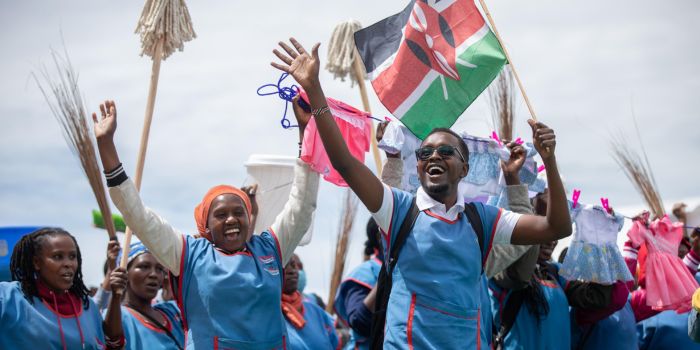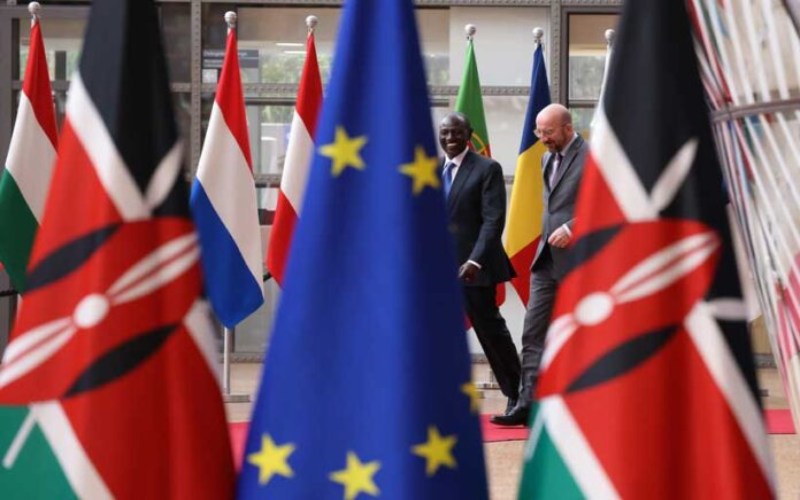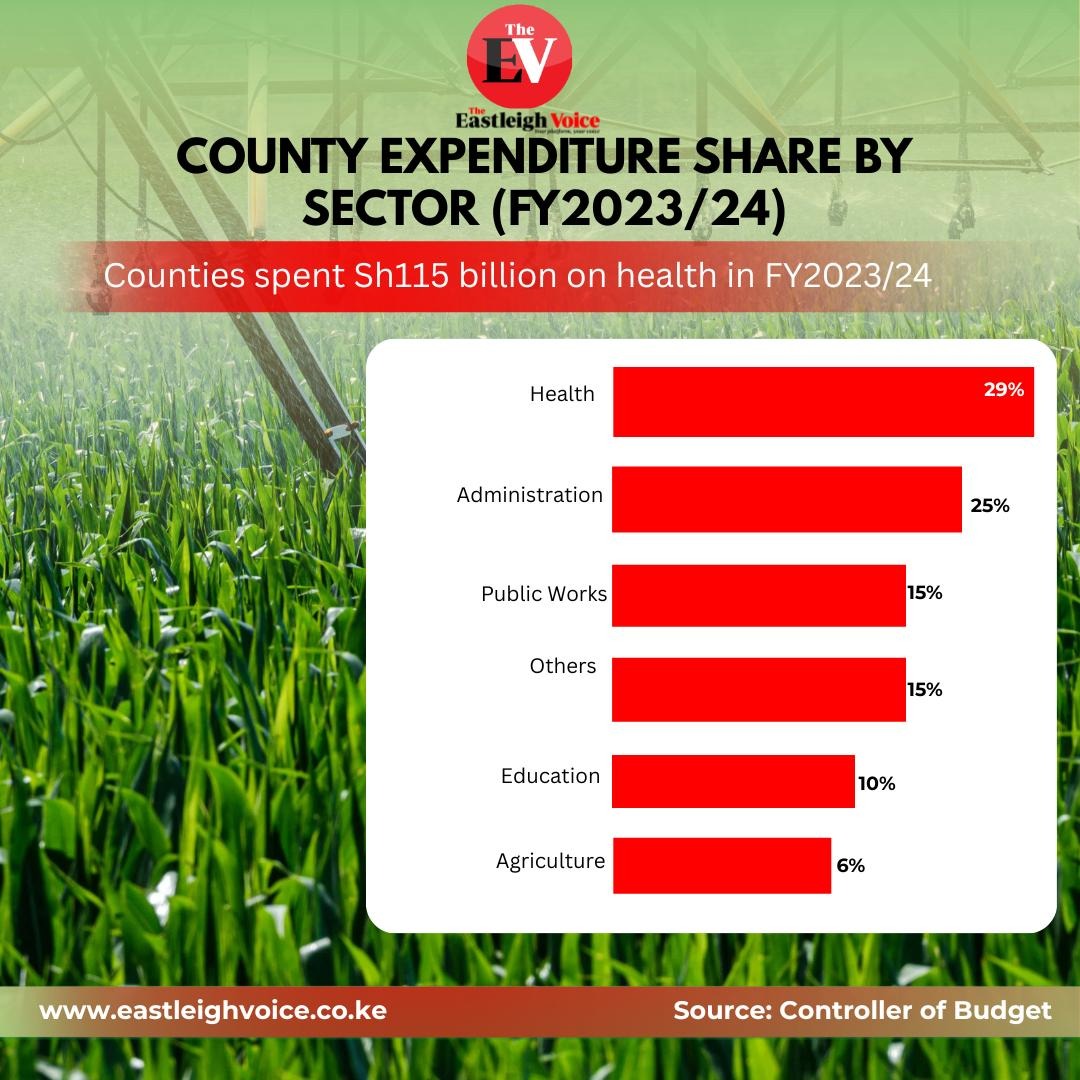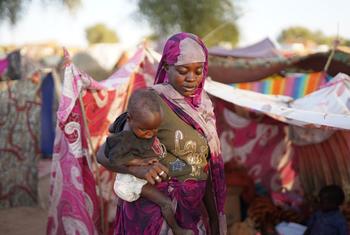Labour Day: A reflection on workers' struggles, achievements and ongoing challenges

As the world celebrates Labour Day, the focus on workers’ rights and the ongoing challenges faced by the labour force remains a priority.
Labour Day, celebrated worldwide on May 1, stands as a reminder of the relentless struggles and achievements of workers throughout history.
The day honours the efforts of workers who fought for better working conditions, fair wages and essential labour rights.
More To Read
- Over half of circular economy workers lack protection, ILO report finds
- Kenya’s private sector posts fastest growth in five years on soaring demand
- COTU demands immediate deportation of Chinese manager filmed assaulting Kenyan worker
- How digital platforms are creating new pathways for youth, with riders taking home up to Sh70,000 monthly
- COTU urges Kenyan workers abroad to register with embassies for protection, support
- Private sector activities rise for the first time in five months in September
Its origins can be traced back to the late 19th century when industrial workers began pushing for reforms, notably the introduction of an eight-hour workday.
The Haymarket Affair in Chicago in 1886, a peaceful protest that turned violent, remains a pivotal moment in the establishment of Labour Day as a public holiday.
In Kenya, the commemoration of Labour Day dates back to May 1, 1964, when the country celebrated its first International Workers' Day as an independent nation.
Since then, the day has been marked annually to appreciate and celebrate the vital contributions of workers to the nation’s economy and growth.
Unlike in many countries where workers may continue their daily tasks, Kenyans use Labour Day as a moment of rest and reflection.
Public events, often organised by trade unions and labour organisations, bring together workers from various sectors to celebrate their role in the country’s progress.
Addressing workers' issues
On Labour Day, Kenyan workers typically refrain from their usual work activities and instead participate in events focused on addressing issues that impact their livelihood.
These events often feature speeches from prominent figures such as leaders from the Central Organisation of Trade Unions (COTU), the president and the Cabinet Secretary for Labour.
Discussions during these gatherings frequently centre around matters such as salary increments, especially in light of the country’s rising cost of living.
Kenya’s labour force, as reported by the Kenya National Bureau of Statistics, reached approximately 19.1 million in 2022, with a significant portion of the workforce engaged in the informal sector.
By 2023, the number of workers had risen by 0.8 million, marking a 3.23 per cent increase to reach 25.5 million people.
This surge highlights the growing demand for work, despite challenges in the global employment landscape.
Globally, the number of employed individuals is also on the rise.
According to Statista, the global workforce in 2024 was estimated at 3.5 billion people, a substantial increase from 2.23 billion in 1991.
However, the onset of the Covid-19 pandemic caused a sharp decline in employment, with the number of employed people falling to 3.19 billion in 2020.
This decline reveals the vulnerability of the global workforce to external shocks, a reality that continues to impact employment rates across the world.
As the world celebrates Labour Day, the focus on workers’ rights and the ongoing challenges faced by the labour force remains a priority.
This day serves not only as a celebration but also as a reminder of the need for continued progress in improving the conditions and welfare of workers globally, including in Kenya.
Top Stories Today











































